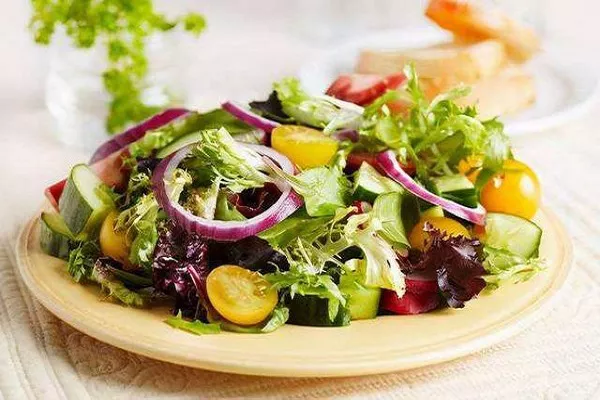Eating a healthy, balanced diet is essential for maintaining a healthy weight and improving overall health. When dieting, it’s important to choose foods that are nutritious and filling to help you feel satisfied and prevent overeating. Here are some tips on what to eat when you’re dieting.
1.Focus on whole, nutrient-dense foods
When trying to lose weight, it’s important to focus on whole, nutrient-dense foods. These are foods that are rich in vitamins, minerals, fiber, and other important nutrients that your body needs to function properly.
Examples of nutrient-dense foods include fruits and vegetables, whole grains, lean proteins, nuts and seeds, and legumes. These foods are also low in calories, which makes them ideal for weight loss.
2.Don’t skip meals
Skipping meals may seem like a good way to cut calories, but it can actually be counterproductive. When you skip meals, you may end up overeating later in the day or making unhealthy food choices because you’re too hungry to make a thoughtful decision.
Instead of skipping meals, aim to eat three balanced meals a day, with healthy snacks in between if necessary. This will help keep your metabolism revved up and prevent overeating.
3.Choose lean proteins
Protein is an important nutrient when dieting because it helps you feel full and satisfied. However, not all proteins are created equal. When choosing protein sources, opt for lean options such as chicken, fish, turkey, tofu, and beans.
These proteins are lower in calories and fat than red meat and other high-fat protein sources. They’re also more filling and can help you stay on track with your diet.
4.Incorporate healthy fats
While it’s important to limit your intake of unhealthy fats such as saturated and trans fats, it’s also important to incorporate healthy fats into your diet. Healthy fats can help you feel full and satisfied, and they’re important for overall health.
Examples of healthy fats include nuts, seeds, avocados, olive oil, and fatty fish such as salmon. Incorporating these foods into your diet can help you stay on track with your weight loss goals.
5.Fill up on fiber
Fiber is another important nutrient when dieting because it helps you feel full and satisfied. It also aids in digestion and can help regulate blood sugar levels.
Foods that are high in fiber include fruits and vegetables, whole grains, beans, and nuts. Aim to incorporate these foods into your meals and snacks to help you stay full and satisfied throughout the day.
6.Limit refined carbohydrates and sugar
Refined carbohydrates and sugar are often found in processed foods, baked goods, and sugary drinks. These foods are low in nutrients and high in calories, which can make it difficult to lose weight.
Instead of relying on these types of foods, opt for whole grains, fruits, and vegetables, which are lower in calories and higher in nutrients. If you must indulge in a sweet treat, opt for a small portion and savor it.
7.Drink plenty of water
Drinking plenty of water is important when dieting because it can help you feel full and flush out toxins from your body. Aim to drink at least 8-10 glasses of water per day, and avoid sugary or high-calorie drinks such as soda and juice.
In conclusion
When dieting, it’s important to focus on whole, nutrient-dense foods, eat three balanced meals a day, choose lean proteins, incorporate healthy fats, fill up on fiber, limit refined carbohydrates and sugar, and drink plenty of water. By following these tips, you can maintain a healthy weight and improve your overall health.
Related topics:


